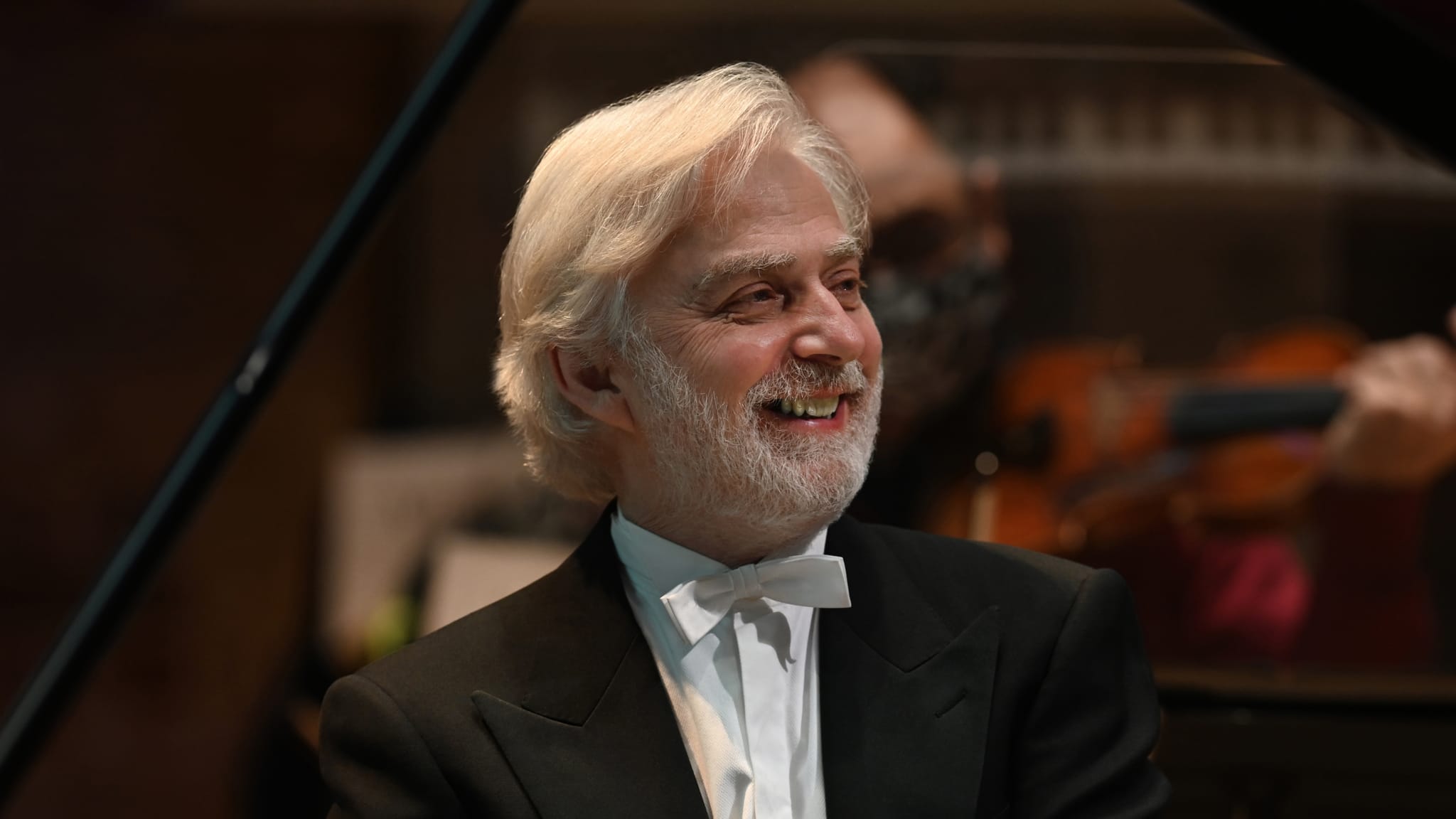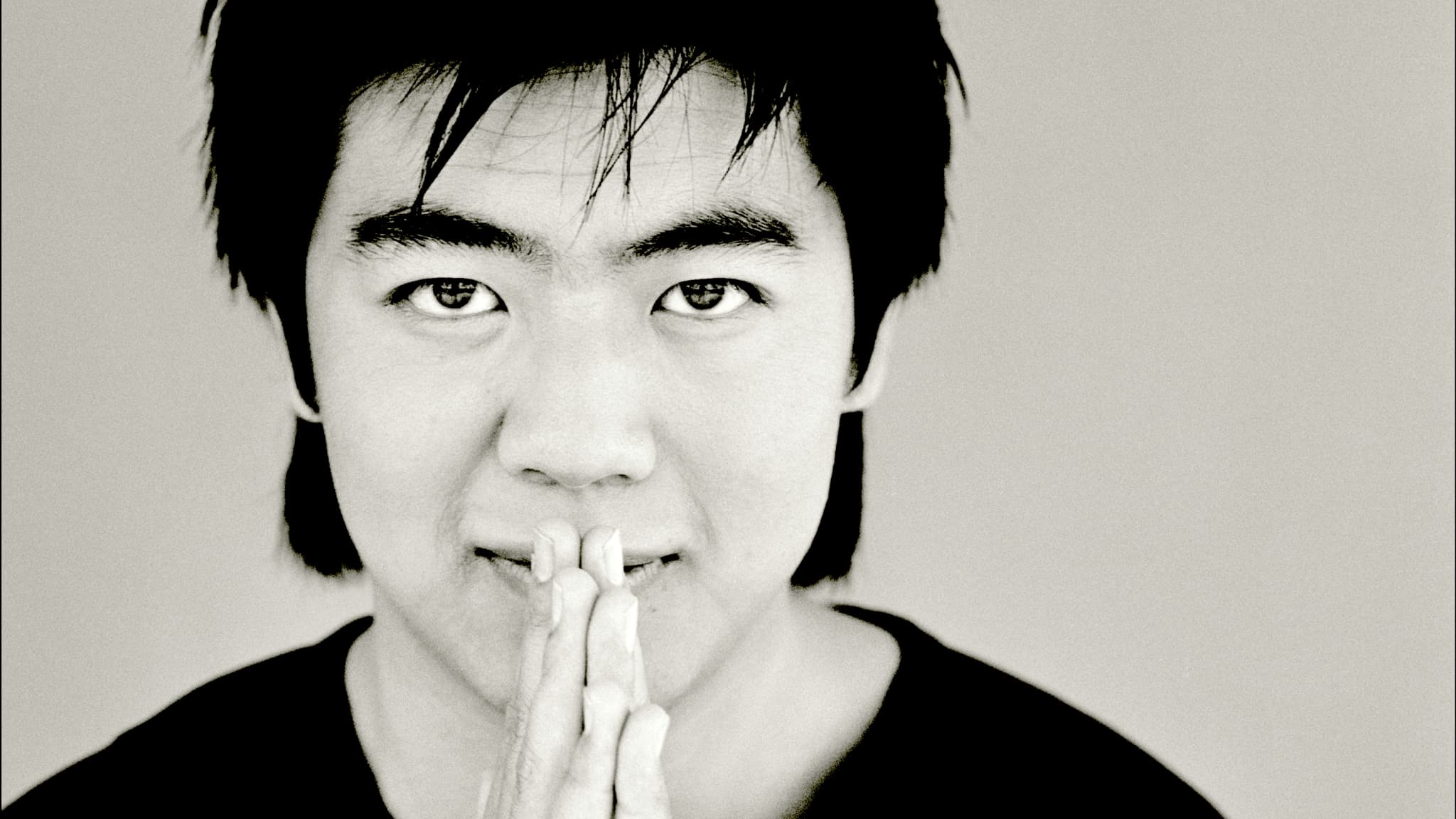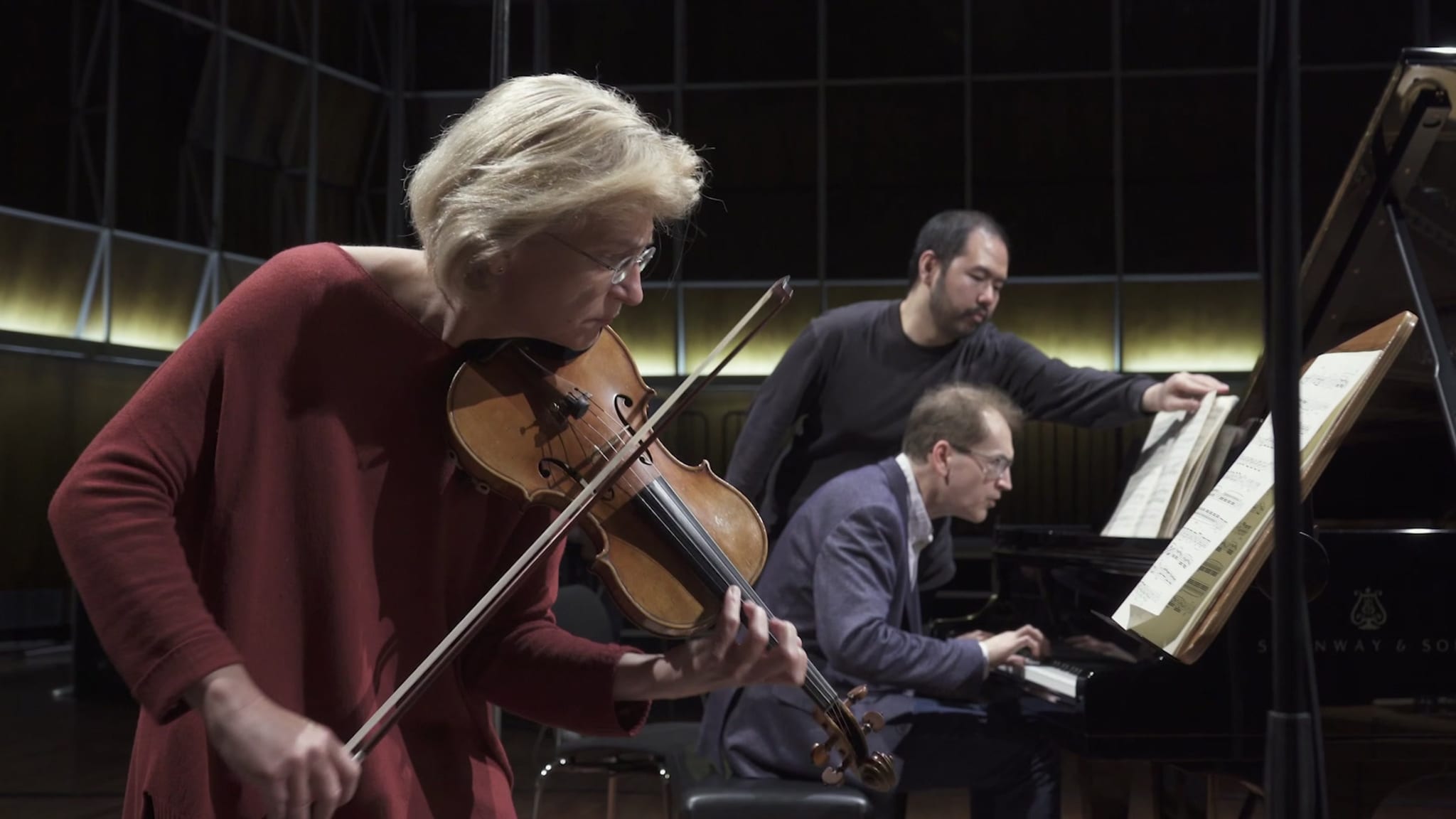AboutLudwig van Beethoven
Practically every subsequent development in "classical" music owes one inspiration or another to Beethoven, and our current understanding of the artist's role in society also traces back to him. Even as a young man, he developed an intense relationship with music, but this all-consuming, devouring passion increasingly strained his friendships, romantic relationships, and other social connections over the years. Compounding this was the diagnosis of a hearing impairment before his 30th birthday, which eventually led to complete deafness and further isolated him from his environment.
Selected works by Ludwig van Beethoven Watch on STAGE+
However, this isolation offered him the opportunity (or even compelled him) to develop new forms of composition and uses for instruments. He increasingly came to believe that music could guide humanity on its arduous journey – from misery to happiness, from ignorance to enlightenment. He was one of the first major composers to believe in the moral mission of art. In this way, he transformed his distrust of individuals into an overwhelming, all-encompassing love for all humanity. His nine symphonies, 16 string quartets, 32 piano sonatas, and countless other significant compositions together form a life's work whose diversity and richness few brilliant artists after him can rival, and which can also be considered the spiritual autobiography of its creator.












































